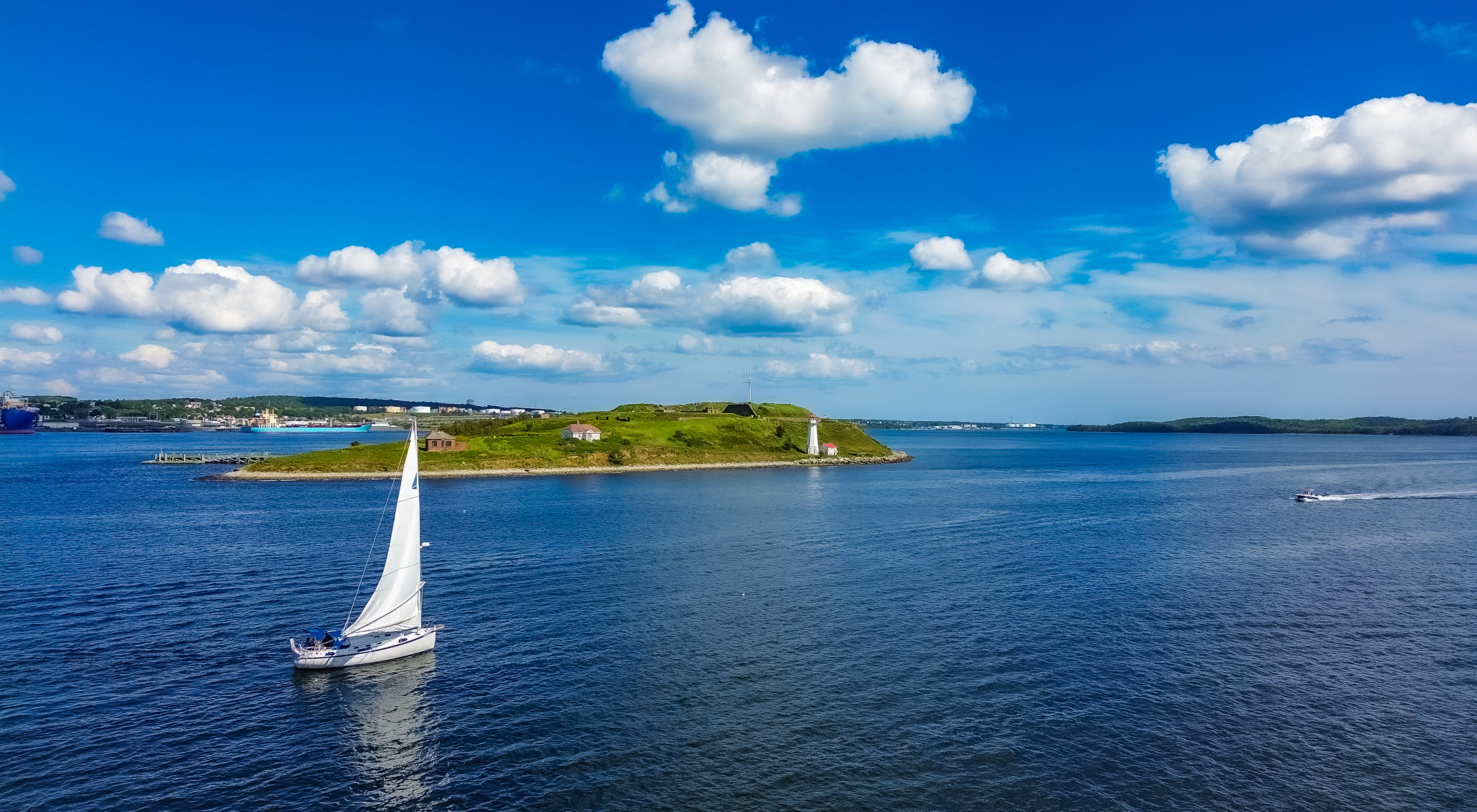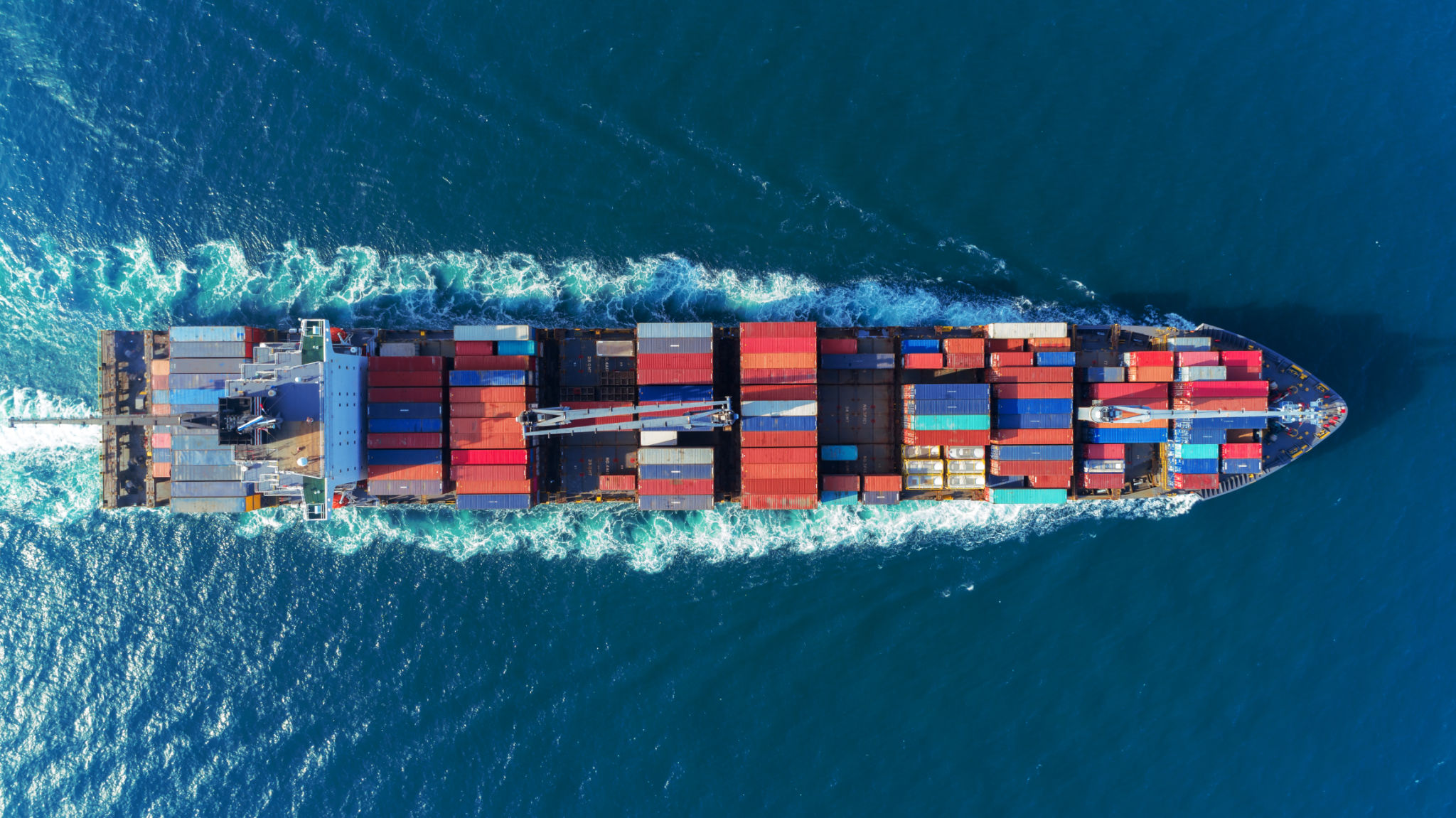Eco-friendly Boating Practices in Portugal: Sustainable Sailing Tips
Embracing Eco-Friendly Boating in Portugal
Portugal, with its stunning coastline and rich maritime heritage, is a paradise for boating enthusiasts. However, as popularity increases, so does the responsibility to protect the delicate marine environment. Embracing eco-friendly boating practices is crucial for preserving Portugal's waters and ensuring sustainable enjoyment for future generations.

Understanding the Impact of Boating
Boating can have significant environmental impacts, including pollution from fuel spills, waste disposal issues, and damage to marine habitats. Awareness of these impacts is the first step towards more sustainable practices. By understanding how our actions affect the ocean, boaters can make more informed choices.
One of the main concerns is the pollution caused by fuel leaks and spills. Switching to cleaner fuel alternatives or ensuring regular maintenance of engines can significantly minimize this impact. Additionally, reducing speed in sensitive areas can help protect local wildlife and ecosystems.
Adopting Sustainable Practices
Boaters can adopt several sustainable practices to minimize their environmental footprint. Here are some tips to consider:
- Choose eco-friendly products: Opt for biodegradable cleaning products and avoid harmful chemicals that can pollute the water.
- Mind your waste: Properly dispose of all waste on land and use pump-out stations for sewage disposal instead of dumping waste into the ocean.
- Respect marine life: Keep a safe distance from wildlife, avoid anchoring in sensitive areas, and refrain from feeding sea creatures.

Supporting Local Conservation Efforts
Supporting local conservation initiatives is another effective way to contribute to sustainable boating. Portugal has numerous organizations dedicated to protecting marine environments through research, education, and conservation projects. Participating in or donating to these efforts can make a significant impact.
Volunteering for beach clean-ups or engaging in citizen science projects that monitor marine health are excellent ways to get involved. These activities not only help the environment but also enrich your understanding of local ecosystems.
Choosing Eco-Friendly Equipment
The type of equipment used on board can also influence the environmental impact. Consider investing in solar panels for energy needs or using wind power to reduce reliance on fossil fuels. Eco-friendly anchors that cause less damage to the seabed are also available.

Additionally, selecting boats with eco-certifications ensures they meet certain environmental standards. This can include energy-efficient engines, waste management systems, and hull designs that reduce drag and fuel consumption.
Spreading Awareness Among Fellow Boaters
Raising awareness among fellow boaters is essential to foster a culture of sustainability. Sharing knowledge about eco-friendly practices and encouraging others to adopt them can create a positive ripple effect across the boating community.
Educational workshops, social media campaigns, and collaborative events are effective ways to spread the word. By promoting sustainable boating practices, we can collectively work towards a healthier marine environment in Portugal and beyond.
In conclusion, adopting eco-friendly boating practices in Portugal is not only a responsibility but also a rewarding endeavor. By making small yet meaningful changes, we can ensure that the country's beautiful waters remain pristine for generations to come.
